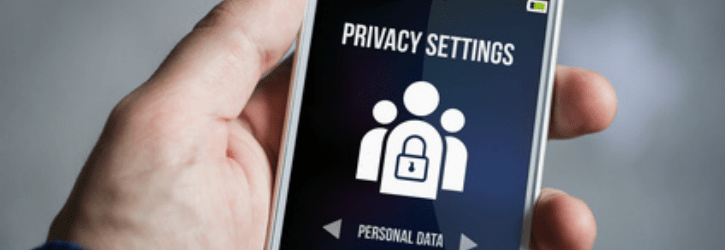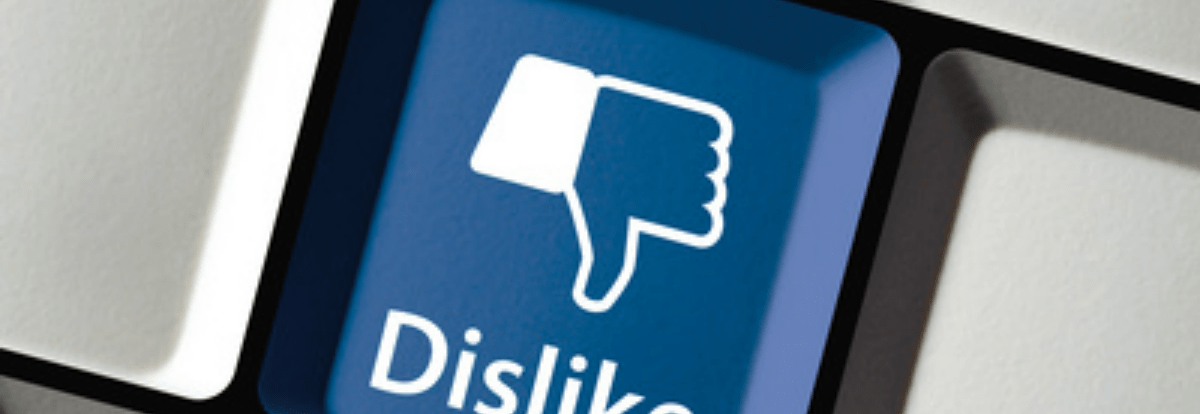
Welcome To The Data Leak Lawyers Blog
We focus on the latest news surrounding data breaches, leaks and hacks plus daily internet security articles.

We focus on the latest news surrounding data breaches, leaks and hacks plus daily internet security articles.

Data snooping attacks can represent one of the many methods that cybercriminals use to steal private information. Snooping methods are commonly used to steal data from insecure networks and other systems. Sometimes, data snooping is even used by well-known companies seeking to extract information relating to their users.
In the digital age, personal data is a valuable commodity, such that there is a large underground network of hackers and fraudsters who aggregate data for malicious purposes. With the risks growing and growing, third-party organisations must aim to safeguard the information that is under their protection.
In fact, all UK data controllers are legally bound to comply with the rules of the GDPR, meaning that they can be held liable when a data breach occurs. If you have been affected by a data breach, you may be entitled to claim compensation. Any victims can contact us for free, no-obligation advice about their potential claims.

A constable at Derbyshire Police has recently faced a misconduct hearing over allegations of unlawfully accessing records of a police incident and then sharing a photo of the file with colleagues.
Although the officer’s actions contravened policing standards and data protection law, he has escaped dismissal and will be allowed to continue serving at Derbyshire Police.
Regardless of the verdict of the hearing, a breach such as this should never have occurred at all. Testaments to the officer’s reportedly “excellent” work as an officer do not erase his culpability for what has been regarded as an incredibly reckless action. As an organisation with access to extensive personal data, the police service has a vital duty to be rigorous in data protection and we should all feel safe that our information with them is secure. Our trust in the police should never be abused.

It’s understood that there may be as many as 500,000 Zoom passwords up for sale on the dark web for less than a penny each as the video conferencing app’s popularity has skyrocketed during the Coronavirus pandemic.
Security experts believe that the hacked accounts have been comprised due to credential stuffing and from other hacked websites where credentials are re-used. Either way, as the popularity of the app has grown significantly as much of the world remains in lockdown, people need to be careful.
The last thing anyone needs in this already troubling time is hackers and scammers taking advantage of people’s vulnerabilities.

We often see mobile apps cybersecurity issues and events in the news. As the use of apps and mobile technology continues to grow, we fear there may be more incidents to come.
And some of those incidents could lead to a great deal of data being exposed or misused for a lot of people; perhaps even millions in a single event.
As data breach compensation experts, we often deal with cybersecurity compensation claims, and many stem from apps. This includes the We-Vibe group action we’re representing victims for, which saw particularly personal and sensitive data for thousands of people misused. We can represent victims for cases on a No Win, No Fee basis, and we’re always happy to offer no-obligation advice.

There has been a large volume of gaming app data breaches in recent years, and it may well be a trend that’s set to continue as these kinds of apps grow in popularity.
Gaming apps are now used by millions across the world, and there are no doubt hundreds of even thousands of them to choose from worldwide. We’ve previously discussed the issues over many apps having poor security, which recently led to Facebook closing down links with hundreds of apps due to concerns.
Ultimately, people need to be careful. Not only do people need to consider who it is that’s going to be in charge of their personal information, but they also need to consider what happens if a security breach takes place.

There’s been yet another data leak that’s hit the social media giant. It’s reported that Facebook exposed telephone numbers for millions of users, including those in the UK.
This latest data leak comes after a long line of breaches and incidents that have plagued the social media giant over the last few years. It also comes after increased scrutiny from regulators around the world over things like their data sharing policies, with the Cambridge Analytica scandal still fresh on our minds.
Although Facebook appears to be trying to play down the scale of the leak, there’s no argument as to how serious this incident is.

A bug is said to be behind a recent Twitter data breach incident that has led to the location data for users being accidentally shared with a third-party.
This isn’t the first bug that’s led to a data breach for the popular social media platform. Just last year, 330 million users were advised to change their passwords after a bug potentially exposed them in plain text. News of this latest breach also comes at a time where Facebook and data protection incidents feel like they’re becoming the norm.
Once again we’re left wondering whether our data will ever be safe. There’s just so much information out there that’s being collected and shared about us, and when things go wrong, data breaches can easily occur.

Questions have been raised over health apps data security, as research indicates that some apps may be leaking data and sharing information without users really knowing about it.
Recent studies indicated that many health apps are sharing information with dozens of companies, including to marketing companies and digital advertising firms. Questions have been raised over whether the privacy policies for these apps are clear enough in explaining just how far the data they collect and share goes.
At the end of the day, when you download a health app, it’s for your personal use for monitoring your wellbeing or tracking your medication intake, as examples. Is it really fair to expect that your data will then be shared far and wide, and passed to companies for marketing purposes?

Facebook user records exposed again! In yet another data breach that’s hit the social media giants, data for millions of users has been found on a publicly-accessible Amazon server.
This is one in a growing line of recent Facebook data breach incidents that has plagued the tech giants in recent years. This appears to be another case of third-party developers being responsible for the incident as well. It’s understood that the leaks involve Cultura Colectiva, a media firm, and an app named At The Pool.
Some of the data that has been exposed in this leak is worrying. It’s yet another warning about the dangers of sharing Facebook account information via apps and plugins. Facebook themselves cannot avoid responsibility for these incidents either.

The social media giant hasn’t had it easy lately, with a number of data breach incidents plaguing their public image. The recent revelations about the Facebook password data protection flaws is another headache to add to the pile.
It’s understood that some Facebook passwords have not been securely stored and have been accessible to thousands of Facebook employees. You would expect that one of the biggest social media platforms in the world would have the best protection for passwords, but this story suggests otherwise.
Users affected by the issue are set to be contacted by Facebook. This incident is one in a long line of recent data scandals Facebook has been embroiled in.
EasyJet admits data of nine million hacked
British Airways data breach: How to claim up to £6,000 compensation
Are you owed £5,000 for the Virgin Media data breach?
Virgin Media faces £4.5 BILLION in compensation payouts
BA customers given final deadline to claim compensation for data breach
Shoppers slam Morrisons after loyalty points stolen
Half a million customers can sue BA over huge data breach
Lawyers accuse BA of 'swerving responsibility' for data breach
The biggest data breaches of 2020
Fill out our quick call back form below and we'll contact you when you're ready to talk to us.